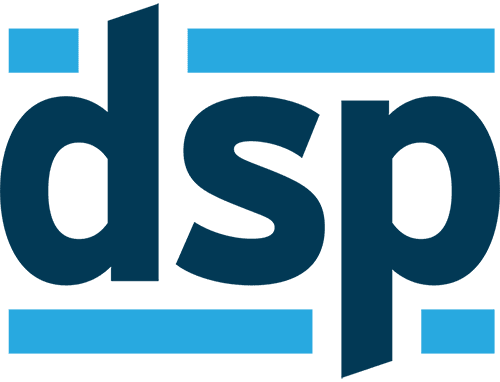
Employees are increasingly regarding financial wellness benefits as indispensable, as indicated by discoveries in Vestwell’s annual Savings Industry Report. Financial wellness is about finding a balance between covering everyday expenses and saving for the future, akin to maintaining physical health. Just as one needs training to run a marathon, achieving financial stability requires access to the right tools and strategies. Employers looking to “Empower Your Financial Future” need to grasp employee expectations, as financial wellness programs are transitioning from mere perks to crucial elements of workplace benefits. With employees facing economic uncertainties and retirement complexities, there’s a rising demand for comprehensive financial solutions beyond traditional retirement savings vehicles.
Why Financial Wellness Is Important
The journey to financial wellness may be challenging, yet its benefits are substantial. Consider the stress caused by unexpected expenses, forcing individuals to prioritize between wants and needs. Financial wellness encourages consistent saving, easing worries about unforeseen costs. By prioritizing financial wellness, individuals “Empower Your Financial Future,” better preparing for unexpected events and retirement. Moreover, with a majority of Americans lacking adequate financial literacy, as highlighted by a Financial Industry Regulatory Authority (FINRA) study, there’s an urgent need to implement financial wellness opportunities among employees.
Solutions
Onsite Financial Advisors:
Enhancing financial wellness can be achieved by leveraging existing vendors to provide onsite support. This approach emphasizes personalized assistance tailored to individual financial situations, acknowledging the diverse circumstances of employees. By utilizing onsite support, employees can receive guidance and resources specific to their needs, fostering a supportive environment for improving financial well-being and helping to “Empower Your Financial Future.”
Offering Non-traditional Savings Mechanisms:
Another valuable option is to offer non-traditional savings accounts, including Roth IRAs, Traditional IRAs, Health Savings Accounts (HSAs), 529 Education Savings Accounts, and Student Loan Repayment Benefits. Providing access to these diverse accounts allows employees to align their savings goals with individual financial objectives, promoting greater financial flexibility and security to “Empower Your Financial Future.”
Monthly Education Opportunities:
Implementing monthly financial education sessions offers employees regular access to valuable resources for improving financial literacy and decision-making. By facilitating ongoing education, employees can enhance their understanding of financial concepts and develop practical skills for managing finances effectively, a key step to “Empower Your Financial Future.”
Employer Contribution Matches:
Encouraging savings through employer contribution matches to selected savings mechanisms is another effective strategy. Matching contributions incentivize employees to save for their future, promoting greater engagement with retirement and savings plans and furthering their ability to “Empower Your Financial Future.”
Offering Supplemental Benefits:
Lastly, emphasize the importance of ancillary and voluntary benefits to offset unexpected emergency costs. By highlighting the value of comprehensive financial planning and security, employers can help employees better prepare for unforeseen expenses and mitigate financial stress. Through these initiatives, employers can create a supportive and empowering environment that promotes financial wellness among employees, an essential component of empowering their financial futures.



